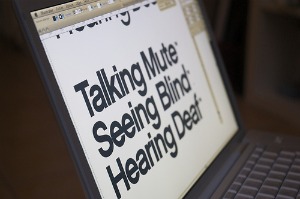Books for psychology students and curious minds
Psychology of Talking
by Anonymous
I know someone who is 10 years who talks a lot when he is in his house, but doesn't say a word in school; I mean not even a sound. He doesn't even talk to his sisters in school, but will talk with all his relatives at home. This has been going on for about 4 years. What should we do?
Comments for Psychology of Talking
|
||
|
||
|
||
|
||
|
||

